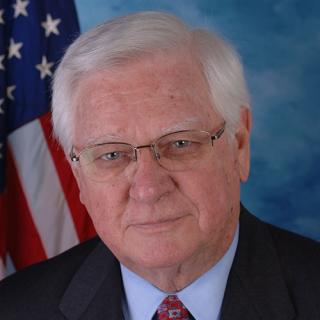Commerce, Justice, Science, and Related Agencies

Subcommittee Chairman Hal Rogers (KY)
Ranking Member Matt Cartwright (PA)
H-310 The Capitol
(202) 225-3351
Majority | Minority |
|---|---|
| Rep. Hal Rogers (R-KY) – Chair | Rep. Matt Cartwright (PA) – Ranking Member |
| Rep. Robert Aderholt (R-AL) | Rep. Grace Meng (NY) |
| Rep. John Carter (R-TX) | Rep. C.A. Dutch Ruppersberger (MD) |
| Rep. Ben Cline (R-VA) | Rep. David Trone (MD) |
| Rep. Mike Garcia (R-CA) | Rep. Joe Morelle (NY) |
| Rep. Tony Gonzales (R-TX) | |
| Rep. Andrew Clyde (R-GA) | |
| Rep. Jake Ellzey (R-TX) | |
FY25 Outside Witness Testimony Instructions FY25 Member Day Hearing Instructions
Recent Activity
To ensure every Member of Congress has an opportunity to participate in the annual appropriations process, Members may submit programmatic, language, and Community Project Funding requests to the Committee using the electronic portal available here.
Good afternoon. As the Chairman of the Commerce, Justice, Science, and Related Agencies Appropriations Subcommittee, I am here to explain the CJS bill and ask that you provide an appropriate rule for its consideration.
Madam Speaker, I rise today in support of H.R. 5860, a bill that keeps the government open until November 17th.
While I would rather be here speaking on the floor about final appropriations bills, I want members to understand why passing this short-term funding bill today is so important.
First, I want to explain how we find ourselves in this situation.
Just nine months ago, when Republicans took back the Majority in the House, our commitment was to Regular Order for appropriations.
